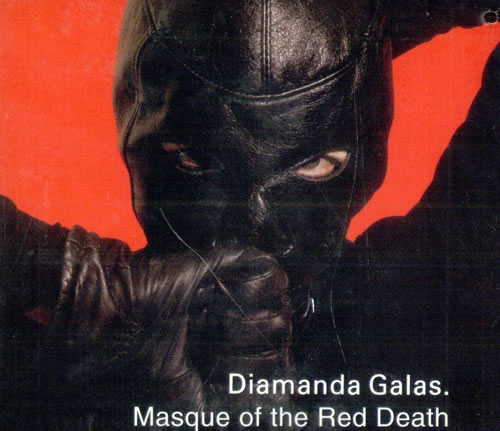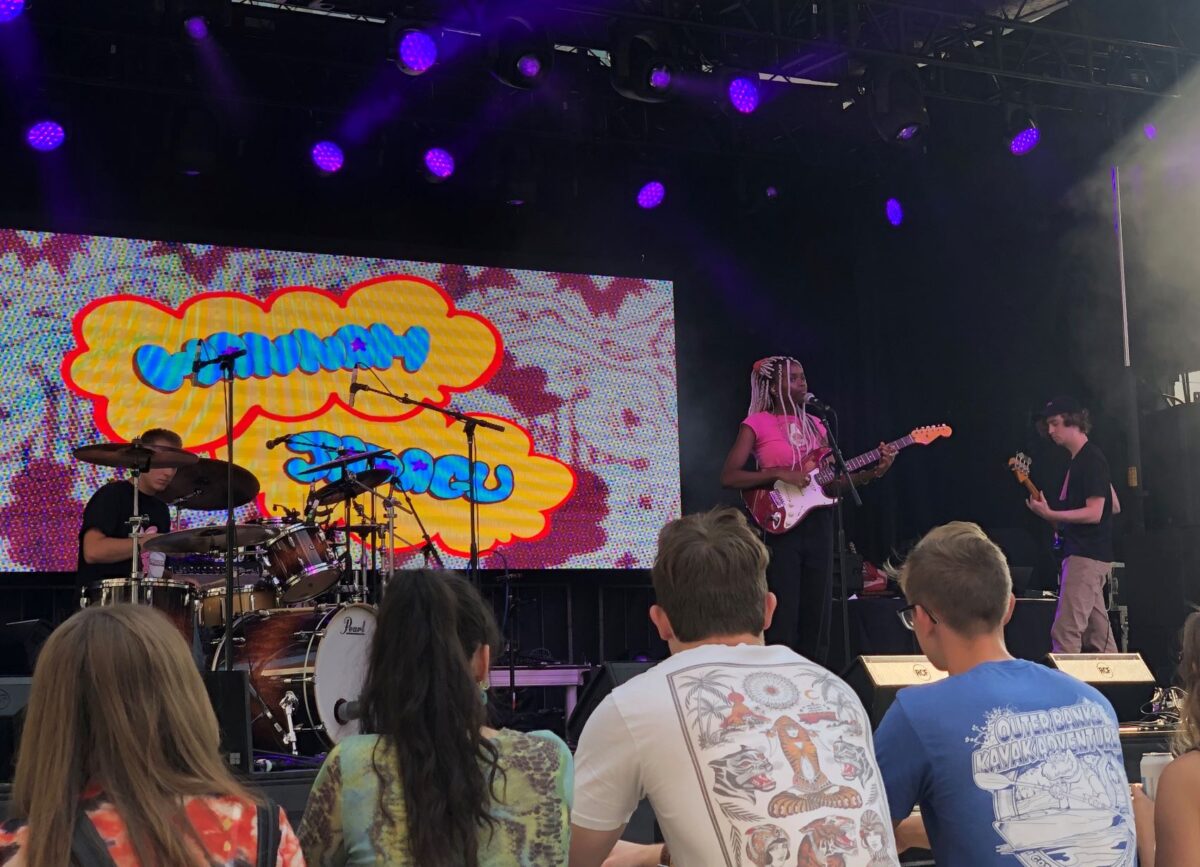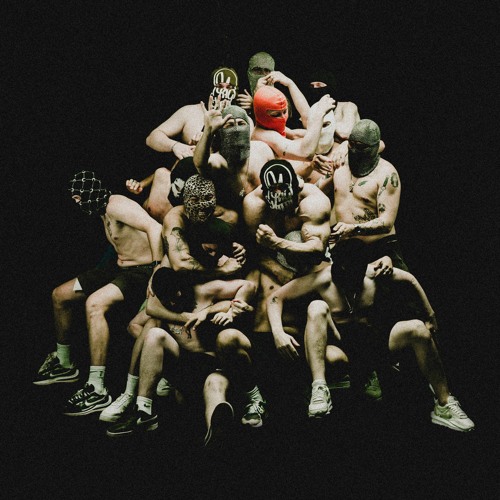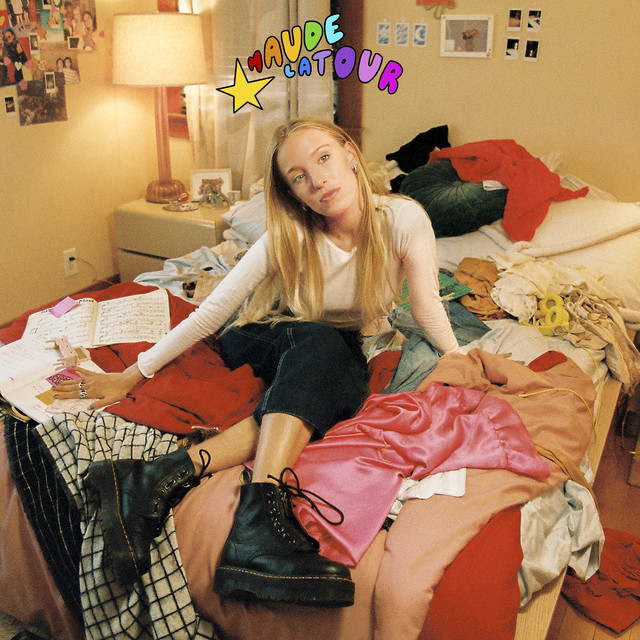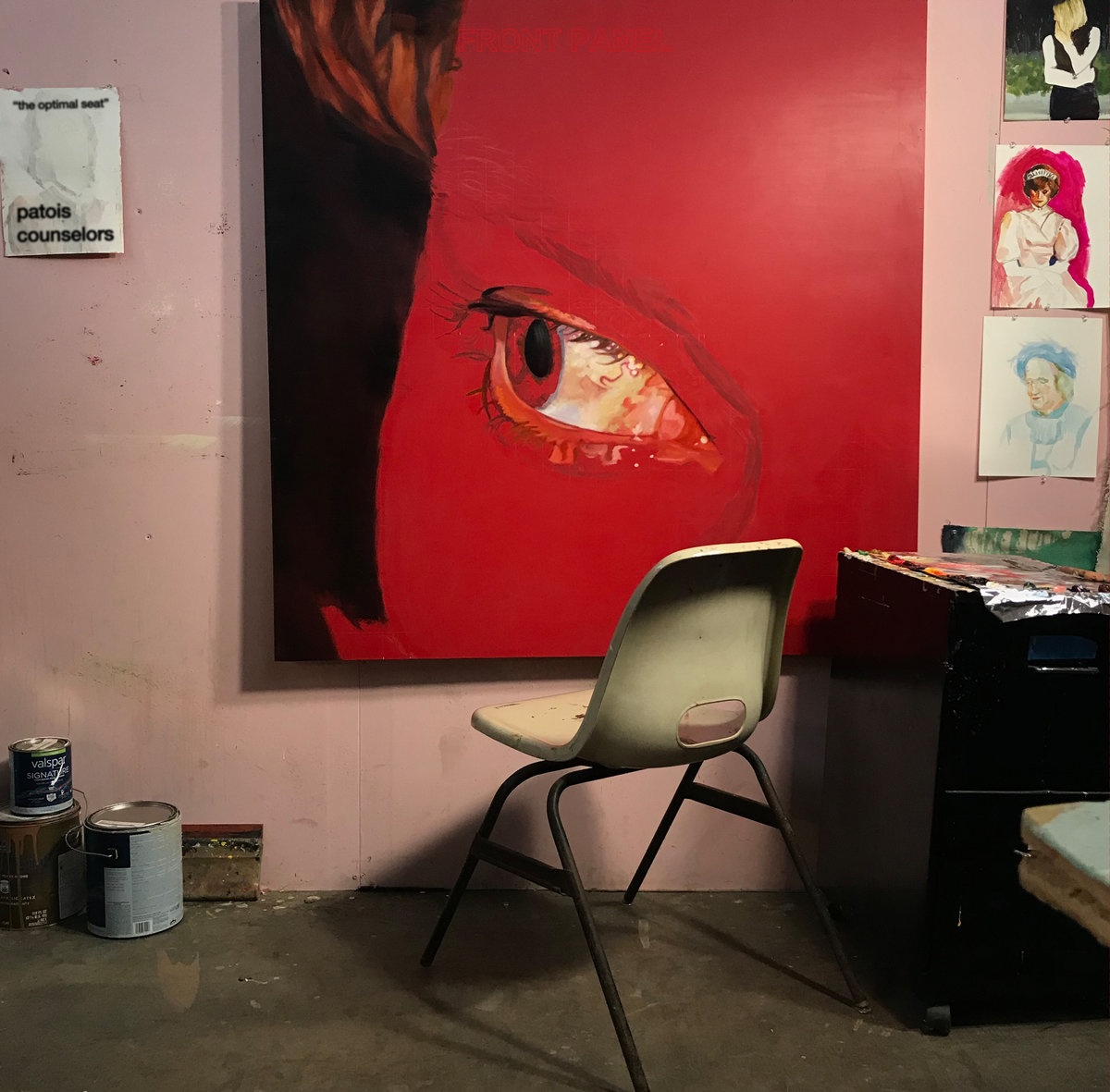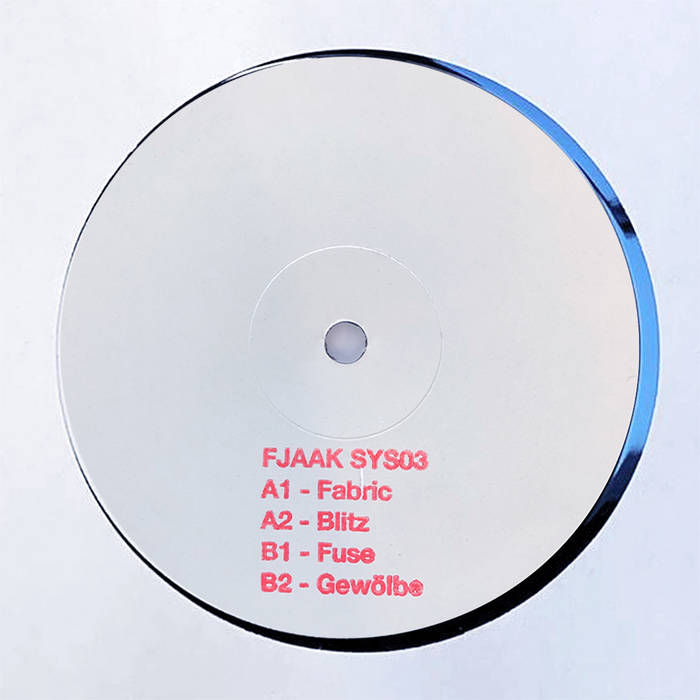My very first blog for WKNC was about the very best of Phoebe Bridgers, in which I included my then-favorite pieces of her work. However, since the creation of that post I’ve delved deeper into the Phoebe-verse, she’s come out with new music and I’ve become a better writer. So without further ado, I’m going to declare what’s worth listening to outside of “Motion Sickness” and her other larger hits.
“Georgia” Daft Star Live Performance
Everything about this performance is perfect to me. Her vocals, the guitar, and of course the haunting lyrics of “Georgia.” This performance is from 2014, before her footing in the music industry had been fully secured, (the studio version of this song didn’t come out until 2015) and that’s why I think I love it so much. It’s raw– you can tell it’s coming straight from her soul and one nearly never gets to hear Bridgers belt the way she does here. I love her whisper-singing as well, but this performance has wedged a permanent place in my heart. The belting of “If I fix you / Will you hate me?” is one of my favorite moments in music ever. Bridgers knocked this performance out of the park and it’s by far my favorite thing she’s ever done.
“Waiting Room” from “Lost Ark Studio Compilation, Vol. 8”
Speaking of Bridgers’ raw emotional moments early in her career, let’s talk about “Waiting Room.” She wrote this song when she was 16, and has since expressed embarrassment by just how genuine this song is, saying: “it’s super sincere, and I meant everything. But it’s so emotionally raw, and I’m… pining for someone. And I think the fact that I’m complaining so much in the song is, especially in retrospect, like, dude, you’re fine.” Personally, I love it, teenage angst and pining is rarely packaged so beautifully. I love it when Bridgers’ vocals shine as they do in the bridge. In the bridge, she laments repeatedly, surrendering the fight to love this person, “know it’s for the better.” Bridgers repeats this phrase 36 times in a row. If you believe in the idea of “right person, wrong time,” listen to this song. It’ll tear your heart in two.
“Dylan Thomas” from “Better Oblivion Community Center”
If you haven’t caught on by now, I love it when Bridgers branches out of her niche. This song is from a collaboration album with Conor Oberst (of Bright Eyes), titled “Better Oblivion Community Center.” It’s an indie rock track that’s fun despite its grim lyrics and certainly worth the listen even if you’re not a fan of Bridgers’ normal stuff. There’s a lyric in one of the final verses that references Phoebe’s ghost artwork (done by Angela Deane) that has stayed fairly consistent throughout her career: “They say you’ve gotta fake it / At least until you make it / That ghost is just a kid in a sheet.” Bridgers and Oberst are a magical duo, and this song is tangible proof of that.
“Me & My Dog” from “boygenius”
boygenius is a trio that consists of Lucy Dacus, Julien Baker and of course, Phoebe Bridgers. This track displays the best of all three of them, and is impeccable lyrically. My favorite two lyrics are: “I had a fever / Until I met you / Now you make me cool” and “I wanna be emaciated / I wanna hear one song without thinking of you.” Between the harmonies, the song’s relatively short length and again, the beautiful lyricism, this is a deep cut you won’t regret listening to.
Other honorable mentions include: “That Funny Feeling,” “7 O’Clock News / Silent Night” and “Steamroller.” If you haven’t already read my original “Best of Phoebe Bridgers” blog, check it out, you may discover something new or find a new appreciation for her work.
Until next time,
Caitlin


